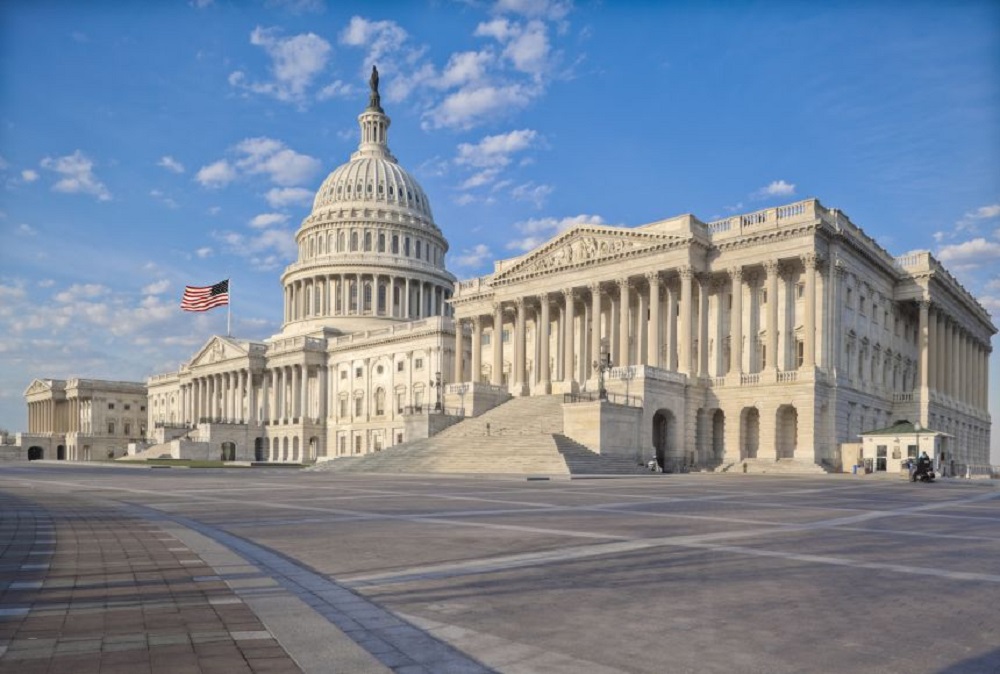Lawmakers in Congress have warned of a potential privatization of the Social Security system and have introduced a new bill aimed at preventing any major changes to the agency’s operations without congressional approval.
The bill, titled “Hands Off Social Security”, would require legislative approval before implementing any significant staff cuts or closing field offices. It also prohibits the privatization of the Social Security Administration or its services and reinforces protections for the personal data of the more than 70 million beneficiaries who rely on the program for retirement or disability income.
The initiative comes as the Social Security Board of Trustees warns that the program’s retirement trust fund could be depleted by 2033, triggering automatic benefit cuts unless Congress acts to address the shortfall.
Representative Melanie Stansbury, a Democrat from New Mexico who co-sponsored the bill with several colleagues, accused the Trump administration of “trying to dismantle Social Security from within as a prelude to privatization.” She stressed that the proposed law would block office closures or service reductions that seniors and people with disabilities depend on.
The bill includes provisions banning staff reductions without congressional approval, prohibiting field office closures without an impact report and formal authorization, guaranteeing continued in-person and phone services, and subjecting the agency’s operations to an annual review by the Government Accountability Office.
Financial experts warn that the greatest risk to the program may not come solely from changes to benefit formulas, but from cuts to human resources and administrative processes that hinder citizens’ access to their benefits, such as office closures or mass layoffs.
Although Democrats plan to advance the bill through relevant committees, its chances of passing remain slim under a Republican-controlled Congress, potentially requiring rare bipartisan compromises. Analysts note that resolving the looming funding crisis will likely require a combination of increased revenue and benefit formula reforms—an especially challenging task in today’s deeply polarized political climate in Washington.

